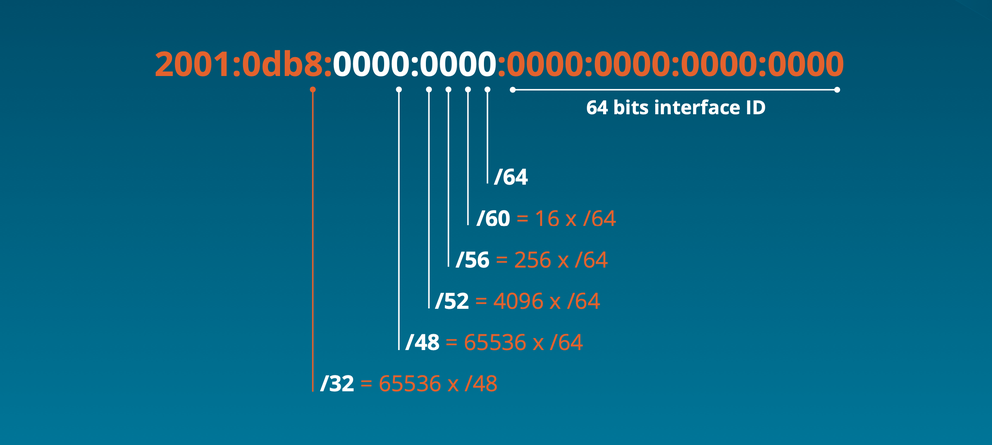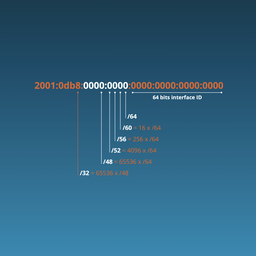The RIPE Address Policy Working Group is organising interim sessions to plan IPv6 policy discussions at RIPE 86 in Rotterdam. The purpose of these sessions is not to develop policy proposals. It is to define desired policy outcomes and set priorities.
We ran these sessions to identify desired policy outcomes and set priorities. They weren't designed to develop policy proposals.
The first of our two interim sessions took place on 20 February (with 24 people joining) and 11 April (with 20 people). You can find recordings of both along with a full written summary of the discussions that took place on the interim sessions page. Here, I give a quick update on the main items that came up at our most recent session and invite feedback on outcomes agreed on by the group.
Update from our latest session
Our second session focused on policy limitations for PI assignments, with an example from Tobias Fiebig serving as a useful starting point. Ahead of the session, Tobias posted a summary of his experience to the Address Policy WG mailing list of his experience with the RIPE NCC after applying for an IPv6 PI assignment. After discussing the specific case described in Tobias's post, we then stepped back as a group to look at the broader issues.
The group discussed the difference between managing a device and managing a network. They also looked at what an End Site is. This is a definition originating in ripe-246 from 2002. The group asked but did not answer two key questions:
- Does it need updating?
- Should we place our definitions in a single definitions document?
In the broader discussion, we considered whether we even need a PA/PI distinction. Erik Bais reminded us that some organisations are not allowed to join membership associations, like the RIPE NCC. PI space is a way to make sure they can get addresses they can manage, instead of always relying on addresses from an upstream provider.
We also discussed the impact of the per prefix charges for PI space. Many organisations will see this as an incentive to become members.
That said, we need to make sure policy is sound on its own. The RIPE NCC's membership might decide to change its structure or fee schedule. We need IPv6 policy to remain workable if there are significant changes in contractual arrangements.
Draft desirable policy outcomes
The group seemed satisfied with this draft text as a desirable outcome:
PI assignments should be based on the organisation managing the network and not the ownership of the devices connected to it
Eliminate needs requirement up to /44
What do you think? Are you happy with this and the desirable policy outcomes drafted in February?
These words are not cast in concrete. We will present them to the broader Working Group in Rotterdam. That's an opportunity to check if we should use these as a basis for some policy proposals.
Maybe you'll want to volunteer to draft a proposal. Most proposals come from small teams, so this is a great way for people to gain some community leadership experience.




Comments 0
The comments section is closed for articles published more than a year ago. If you'd like to inform us of any issues, please contact us.